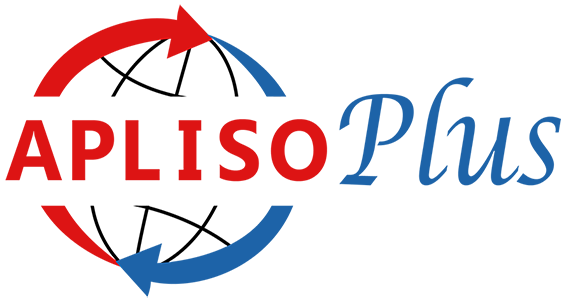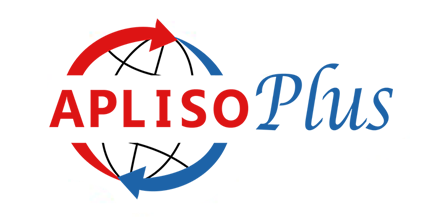What is ISO 13485?
ISO 13485 is the internationally recognised standard for quality management systems specific to the medical device industry. It ensures compliance with regulatory requirements while maintaining the highest product quality.
Why is ISO 13485 Important?
Medical device companies face stringent regulatory scrutiny. ISO 13485 helps establish a robust QMS focused on safety and consistency, shifting from reactive problem-solving to proactive quality assurance.
Benefits of ISO 13485
- Consistent design and development processes
- Enhanced product quality and safety
- Improved regulatory compliance
- Increased customer confidence

How to Implement ISO 13485
Conduct a Gap Analysis to assess your current processes against ISO 13485 requirements. Implement structured solutions to address identified gaps, focusing on design controls, risk management, and post-market surveillance.
Who needs it ISO 13485
The main challenge at the moment is time. Due to the SAPHRA requirements, time is running out to meet compliance requirements. In addition you are required to now develop detailed Policies and Procedures which take time to ensure these are aligned to your business and the ISO Standard
Common Challenges ISO 13485
If you provide any medical equipment or services and are registered with SAPHRA in South Africa, you are required to be ISO 13485 certified. Like all other ISO Management System Standards, this is no different in that it give your business the benefit of best practice and consistent, measurable and repeatable processes to deliver quality products and services.
How APLISO-Plus Can Help you with Proactive Medical Quality
APLISO-Plus manages quality procedures, training records, and product traceability. Our consultants guide you through the implementation journey, ensuring compliance that meets both regulatory and customer expectations.
Ensure Medical Quality Excellence – Get Started Today


Frequently Asked Questions: ISO 9001
1. What is ISO 13485, and how is it different from ISO 9001?
ISO 13485 is a globally recognised standard for quality management systems specific to the medical device industry. While based on ISO 9001 principles, it includes additional requirements related to regulatory compliance, risk management, and traceability that are critical in the healthcare sector.
2. Who needs to comply with ISO 13485?
ISO 13485 is intended for organisations involved in the design, production, installation, and servicing of medical devices, as well as related services. It is also relevant to suppliers and external parties providing components, materials, or services to medical device manufacturers.
3. Is ISO 13485 certification mandatory?
While ISO 13485 certification is not legally mandatory in all countries, it is often required by regulators or customers as a condition for market entry, especially in South Africa through SAPHRA and jurisdictions like the European Union (EU MDR), Canada, and parts of Asia.ms and undergo a certification audit.
4. What are the benefits of implementing ISO 13485?
Implementing ISO 13485 helps organizations ensure product safety and effectiveness, meet regulatory requirements, reduce risk, improve process control, and gain access to international markets. It also demonstrates a commitment to quality and patient safety.












































